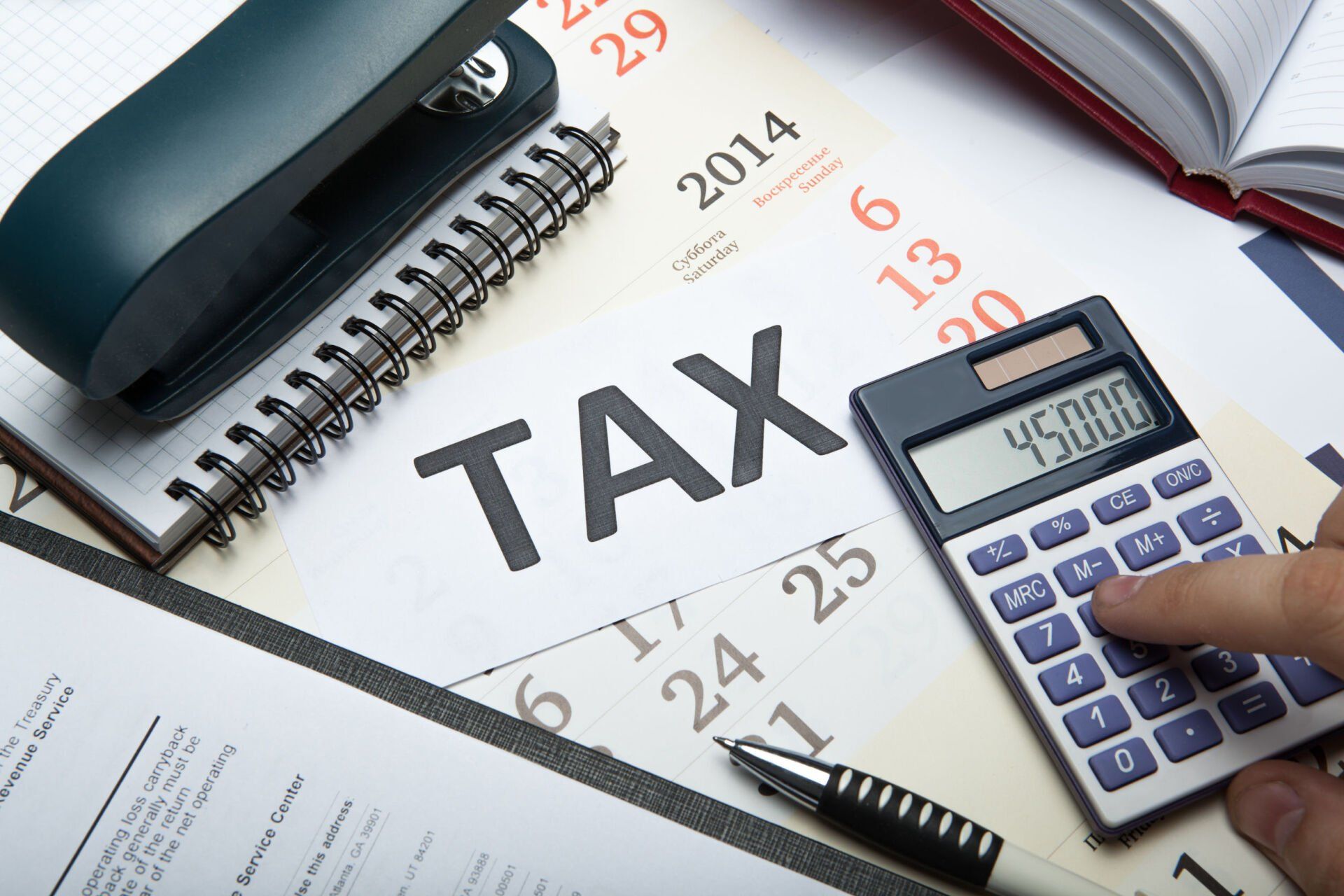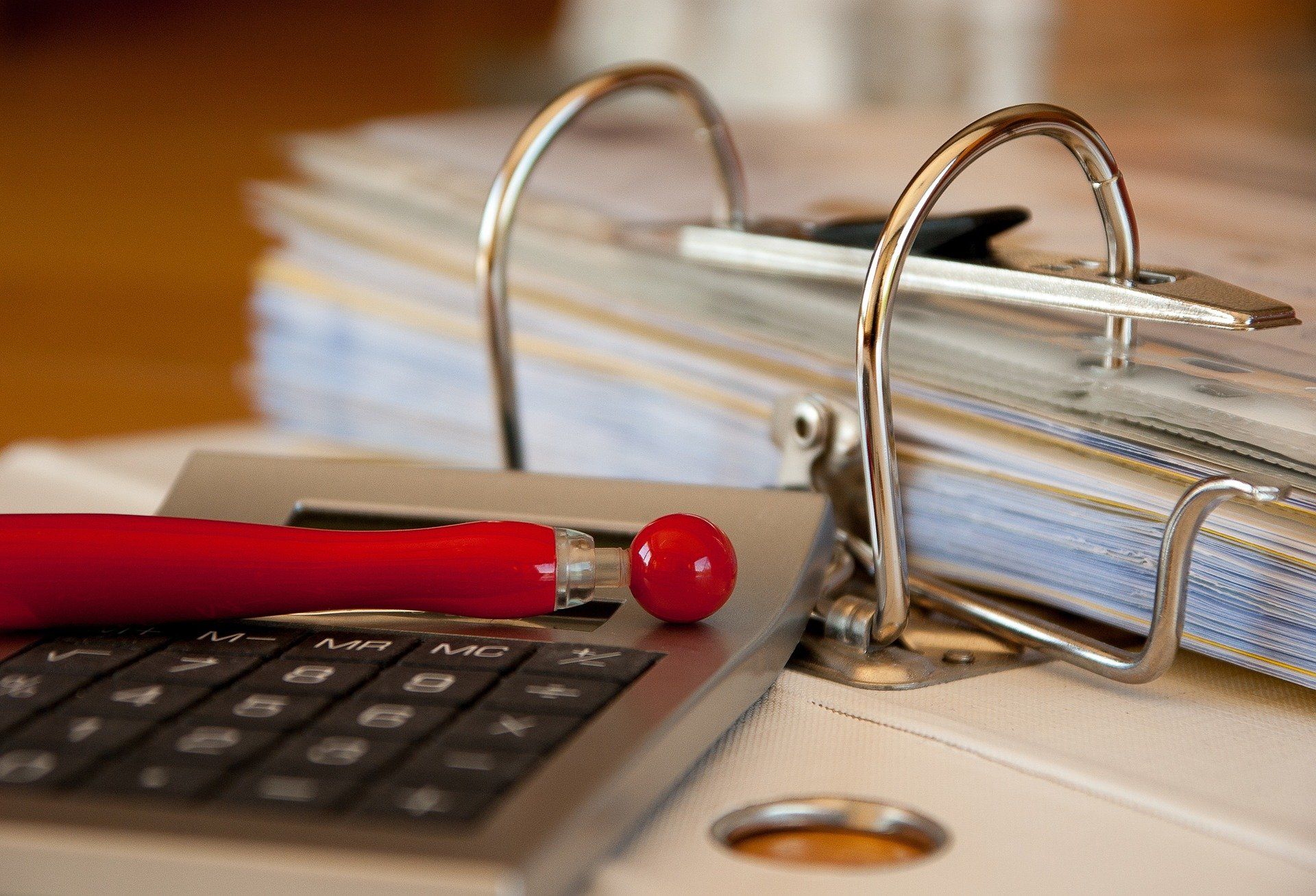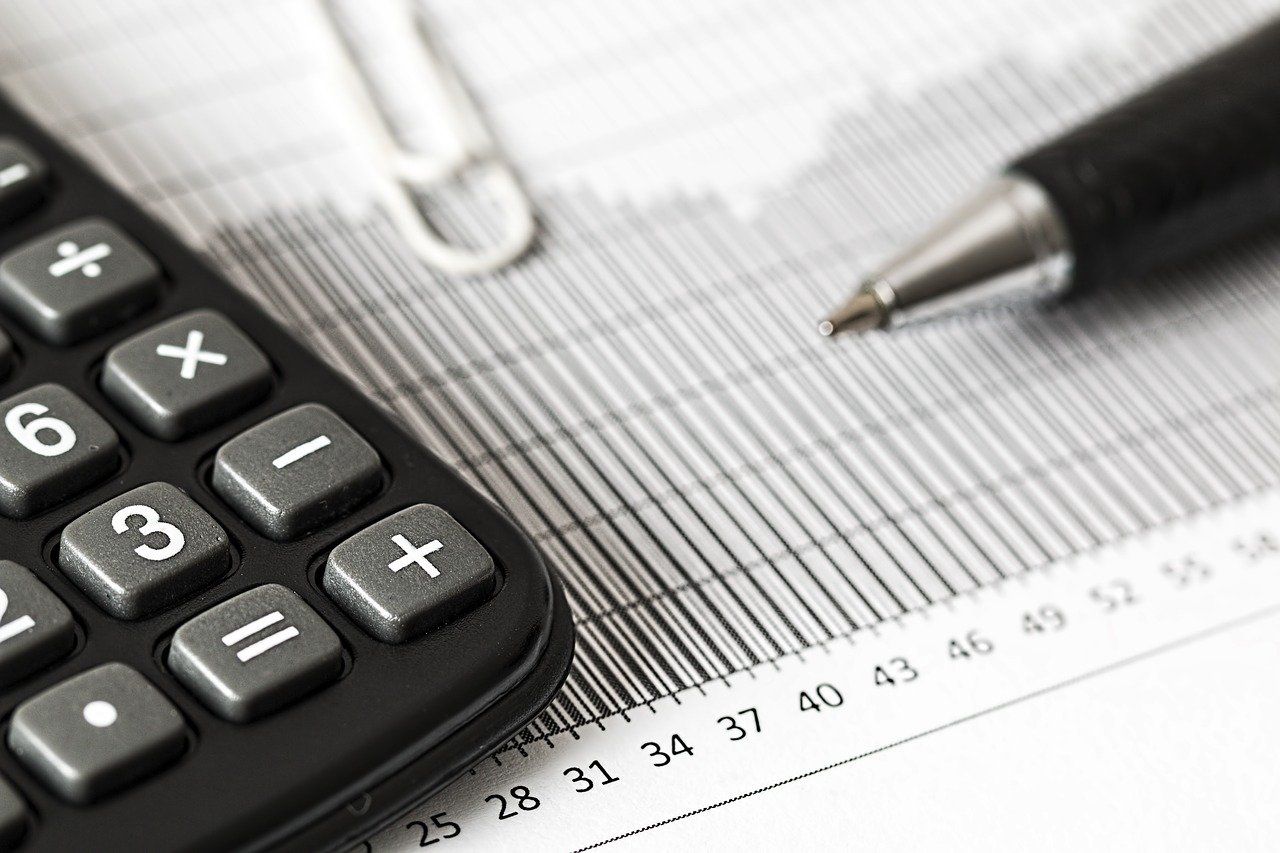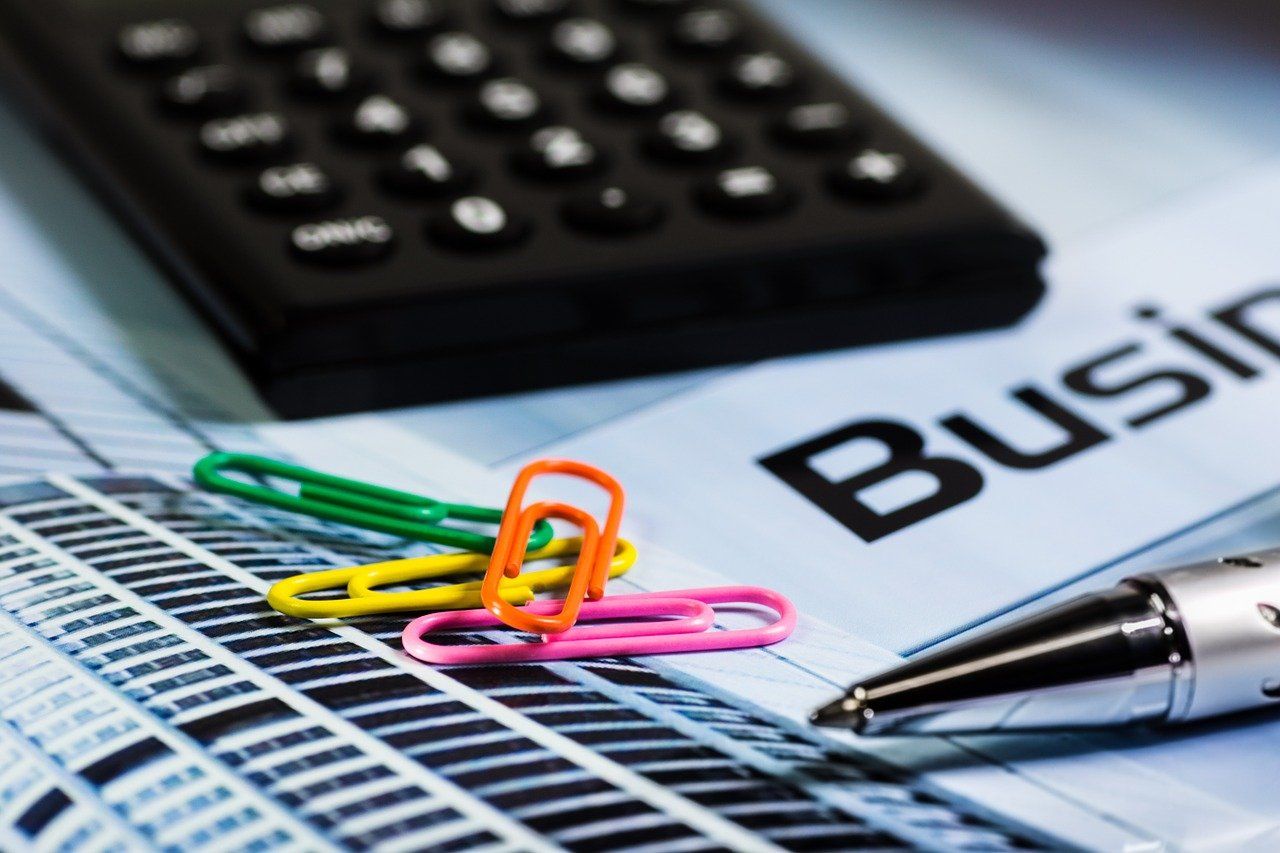Tax Tips for New or Small Businesses (updated 2020)
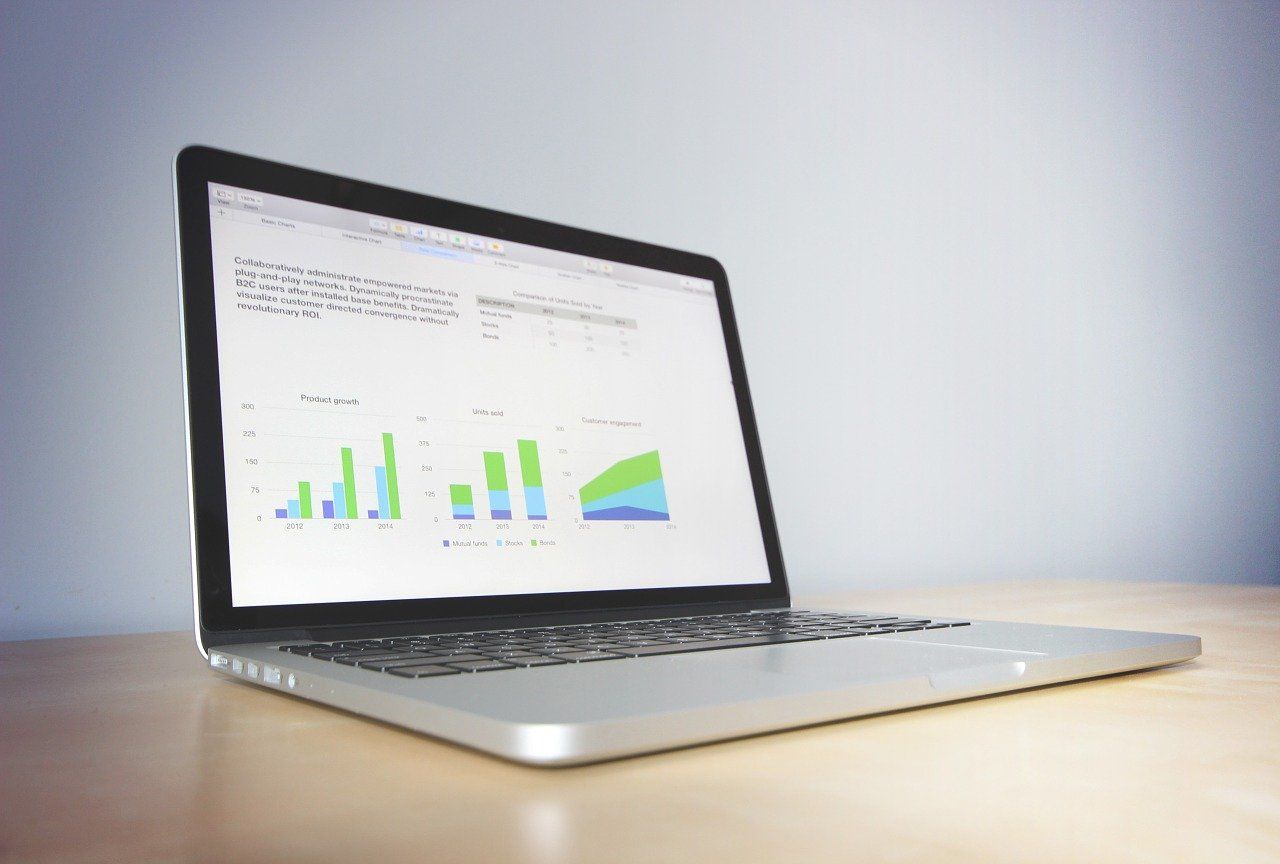
Small businesses take up 97 percent of all businesses in Australia. Running your own business has many advantages however the truth is according to the Australian Bureau of Statistics, more than 60 percent of small businesses cease operating within the first three years of starting.
Below are some tax tips that will really benefit you if you own a small business or setting up a small businesses.
#1 Make sure you have a business plan
44 percent of the small businesses that ceased operating in the first three years suffered poor strategic management. Having a business plan should take into consideration business goals, objectives, target market information and financial forecasts that you are aiming to achieve over a certain period of time.
Review this regularly and keep it updated so you can control of the direction your business is heading.
#2 – Set up a bookkeeping system
Taking care of your finances is vital to the survival of your small business, especially when you may not have as much flexibility as larger businesses in terms of cash flow. Seek the advice of a qualified accountant/bookkeeper to set up a bookkeeping system suitable to your business requirement. A good bookkeeping system not only keeps your invoices and accounts up to date it also helps you understand what is happening inside your business by easily preparing financial reports. This then provides you with a foundation for making the right monetary decisions.
#3 Keep a record of work related deductions
Even with an amazing accountant who effortlessly handles all of your paperwork they will still need all invoices and receipts organised to be able to do your financial reporting correctly. Stay organised so you don’t miss any valuable deductions. Deductions must be directly related to you earning an income and include
- Vehicle and travel expenses – including travel between work and home
- Clothing, laundry and dry-cleaning expenses
- Gifts and donations
- Home office expenses – including a percentage of internet expenses and mobile phone
- Interest, dividend and other investment income deductions
- Self-education expenses
- Tools, equipment and other equipment
- Accounting and tax agent fees
Instead of handing your accountant a suitcase full of receipts there are plenty of options for scanning, tracking, and managing your receipts. Evernote, OneNote and Google Drive all have options to scan and store receipts. There are also some amazing apps such Receipt Bank that you can also use to scan, categorise and store your invoices and receipts in your accounting software.
Knowledge is power. If you don’t have a good accountant, you’re probably not being as strategic as you could be in how you manage your money and this can cost you in the long run.
An accountant is someone who offers high-level tax and financial advice. Your accountant will also lodge all of your compliance work with the tax office, including your quarterly BAS, PAYG tax and company income tax.
If you need personalised advice you can book online for a
free 30 minute consultation here.
Recent Posts


